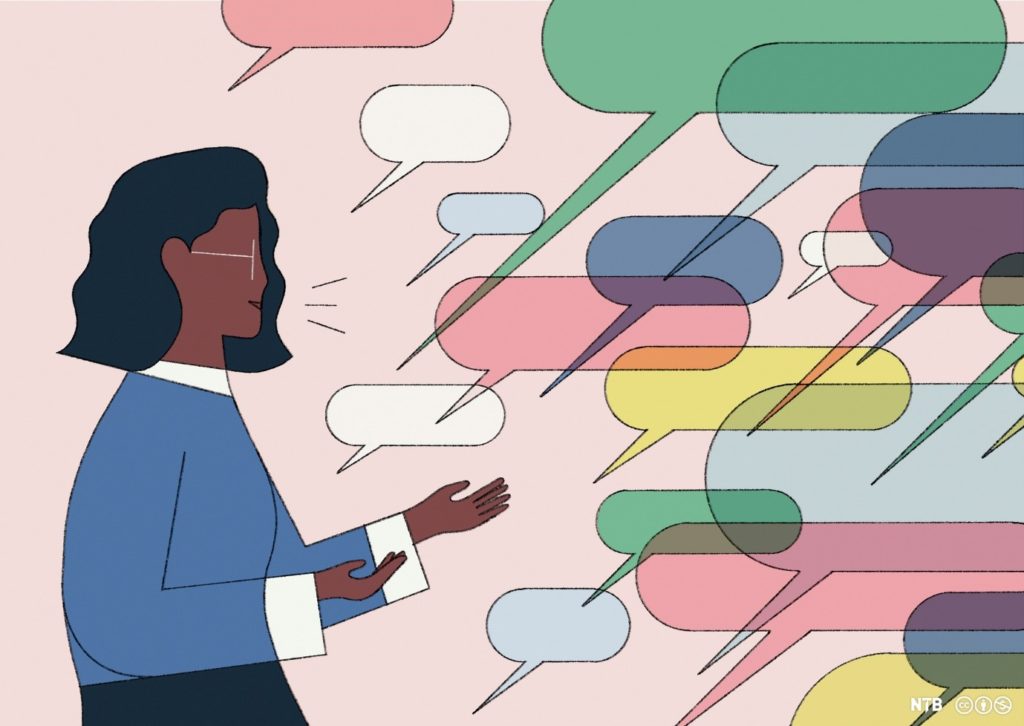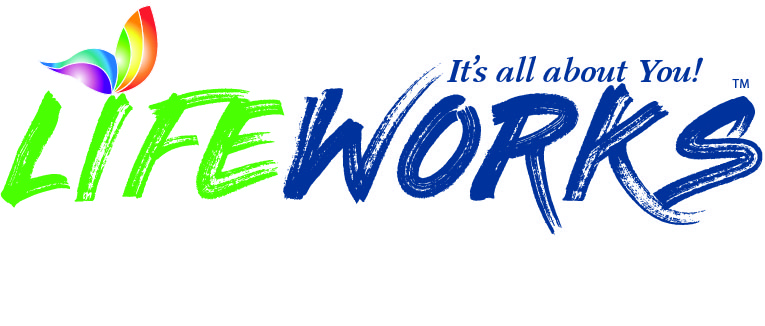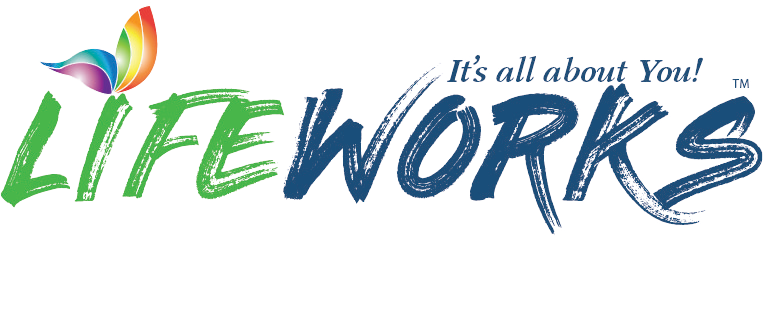Linguistic Code Switching: Pros and Cons
Have you ever tried to communicate with people in English and ended up switching to your mother tongue language because you could not find the correct words in English? If you do, then you are not alone in this.
The use of language is crucial in all social groups, whether cultural, racial, or gender-related, because it preserves the identity and distinguishes one social group from another. However, in these days, there are various pronunciations exist throughout the world in certain languages and most people now are in pursuit to become proficient bilinguals and multilinguals due to the factors of studies requirements and career demands.
As a result of this happening, people have begun to code switch frequently whenever bilinguals or multilinguals communicate with monolinguals. In this article, we are going to understand deeper on the pros and cons of code-switching, so let’s start with the definition of it first.

What is Code-Switching?
Code switching, according to Aljoundi (2013), can be defined as changing or shifting from one language to another in the same sentence. Generally, code-switching often occurs more in verbal communication than in writing. There are also other alternate names used to describe code-switching such as style-shifting and code-mixing. Bilinguals and multilinguals (speakers of more than one language) sometimes use parts of different languages when communicating with one another. Therefore, code-switching can be understood as the use of more than one linguistic variety in a manner consistent with the syntax (the arrangement of words and phrases in sentence) and phonology (sounds pattern in a language) of each variety.
Why is Code-Switching a common thing?
Applying code-switching in daily communication give people the freedom to express themselves in the way they see comfortable to speak. To illustrate, an immigrant who lives in an English-dominant culture might use English to speak to strangers, but he or she will shift to a mixture of English and his or her native language around family, friends and other members of their speech community.
Advantages of Code-Switching
Here are some of the advantages of code-switching:
- Code-switching allows people to have a little more privacy, especially during group conversations. Consider the following scenario: two French are hanging out with a group of Chinese businessmen. Let’s say they want to keep a surprise party for these new French employees a secret. They can keep the French businessmen in the dark about their plans by switching from their shared native tongue to Chinese.
- Code-switching contributes to the students’ comprehension in their education. In terms of education, students are found to be more direct in conveying their subject knowledge to their classmates and teachers. In the classroom, code-switching was not generally practiced or allowed, which resulted in students frequently stopping themselves mid-sentence or admitting that they did not know the answers to the questions (when perhaps they did know the answer but lacked the vocabulary in English).
- Code-switching gives people the chance to find the right words. Sometimes, second-language learners also have their own ‘lag moment’ during speaking due to their limited vocabulary in second language. This would force them to code-switch from second language into their primary language where they have greater vocabulary to use in communicating with other people. When a French speaker begins to learn English, they may struggle to find the appropriate word or phrase to express what they mean in English. In this case, they may begin speaking in English and then switch to French as they try to express themselves.

Disadvantages of Code-Switching
Here are some of the disadvantages of code-switching:
- When done at the wrong time and in the wrong situation, code-switching can be a little offensive. For example, if Japanese workers only speak in their mother tongue around an American colleague during lunch, the American may feel offended, excluded, and overthink that the workers are gossiping about him or her.
- Too much code-switching can be detrimental to one’s mental health because, while people may feel the need to code-switch, they may also become exhausted as a result of code-switching. People who code-switch are sometimes labelled as ‘acting white’ (Trying to be western) by societies, which can cause psychological implications and demotivate a person from learning more than one language.
- Code-switching could lead to language loss when practiced a lot. For instance, when a Japanese use English for most purposes, it would lead the person to lose fluency and competency in native language gradually. Consider this, if this happens to almost every Japanese generation, it is possible that when this generation dies, their native language will perish with them.
Do We Need Code-Switching?
Code-switching has become an integrated new way of intercultural communication in every domain, from education to corporate world. Although there are some disadvantages, such as the loss of native language or the possibility of creating distance between multicultural people, it is undeniable that code-switching can be a powerful psychological tool when used properly. All in all, it is not a matter of what language are we going to use universally, but what matter the most is our capability to understand each other through words. Every language, whether French, Japanese, or English, is a message, and the most important part is that it is delivered and understood.
*Cover photo credit: MyEnglishTeacher.eu



